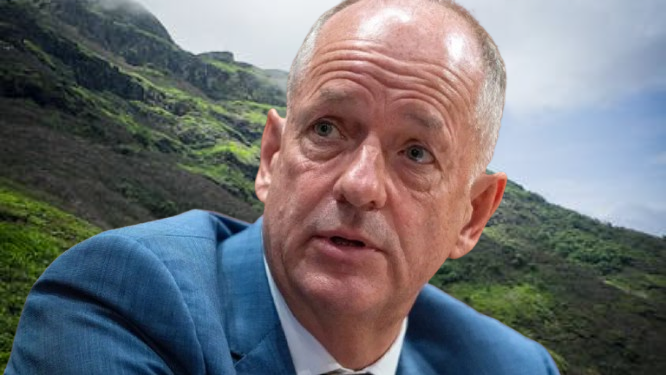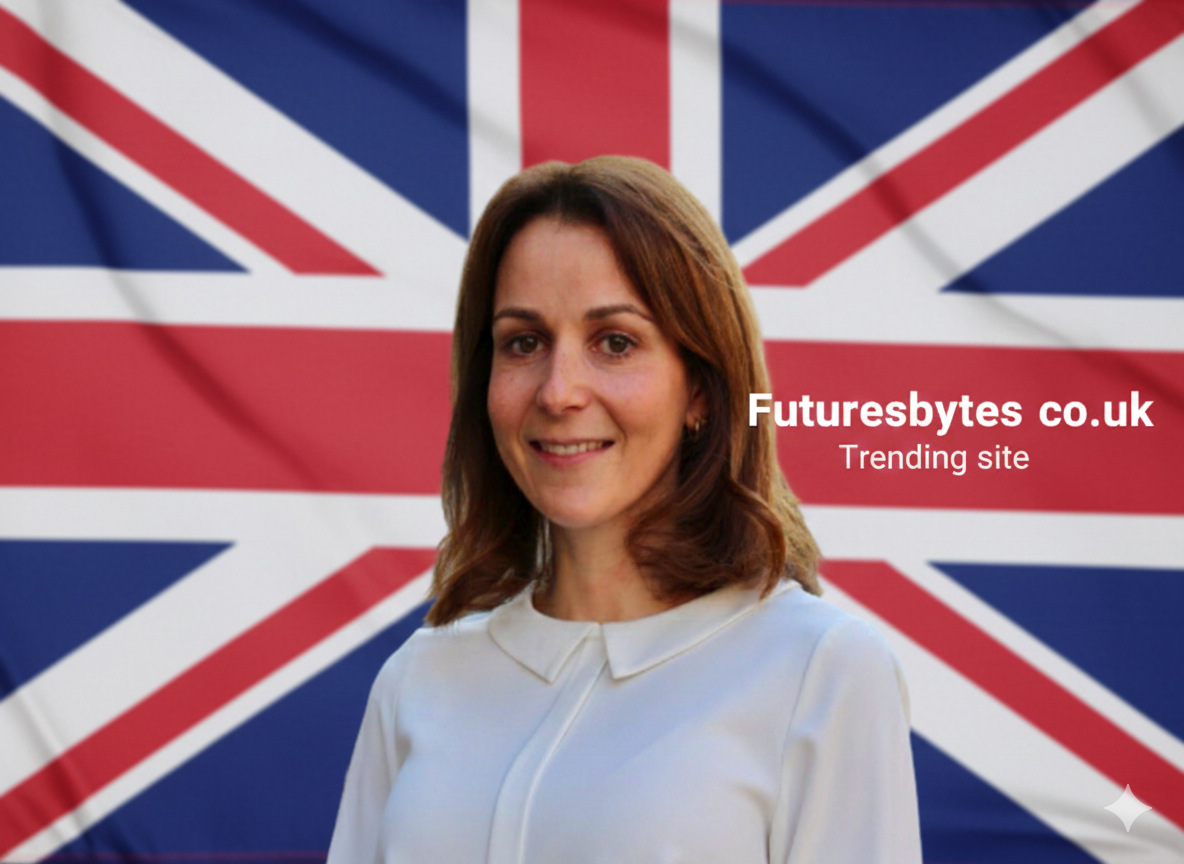Introduction to Andrew Witty
Andrew Witty is a prominent name in the global healthcare and pharmaceutical industry, admired for his visionary leadership and commitment to improving access to healthcare worldwide. Known for his tenure as CEO of GlaxoSmithKline (GSK) and later as CEO of UnitedHealth Group, Witty has had a career that combines corporate leadership, global health advocacy, and public service. This article takes a closer look at Andrew Witty’s leadership, career achievements, and global impact, highlighting his journey from early career beginnings to becoming one of the most influential figures in healthcare.
Early Life and Education
Andrew Philip Witty was born in 1964 in England. He attended the University of Nottingham, where he earned a bachelor’s degree in economics. During his studies, he developed a strong interest in global markets and the economic factors driving international industries. This background prepared him for a career that would balance business expertise with a passion for public health and accessibility.
Entry into the Pharmaceutical Industry
Witty’s professional career began at Glaxo (before its merger into GlaxoSmithKline). His early roles allowed him to gain experience in marketing and international business operations, with assignments in South Africa and the United States. These opportunities gave him valuable insights into how global healthcare systems operate and the unique challenges faced by developing countries in accessing medicines.
Rise Within GlaxoSmithKline
By the early 2000s, Witty had risen through the ranks at GSK, taking on increasingly important responsibilities. His ability to manage diverse markets and lead teams across continents made him stand out. In 2008, he was appointed Chief Executive Officer of GSK, one of the world’s largest pharmaceutical companies. At just 43 years old, he became one of the youngest leaders of a global pharmaceutical giant.
Transforming GSK Under His Leadership
During his time as CEO from 2008 to 2017, Andrew Witty implemented bold strategies to reshape GSK’s global business. He emphasized affordability and access to medicine, pledging to make essential drugs available at reduced costs in low-income countries. He also shifted GSK’s focus toward vaccines and consumer healthcare, streamlining operations and investing in research that aligned with long-term global health needs. This period highlighted his belief that pharmaceutical companies should balance profitability with social responsibility.
Advocacy for Global Health Access
Witty’s leadership extended beyond corporate boardrooms. He became a vocal advocate for improving healthcare accessibility in developing nations. He launched initiatives to lower the prices of HIV and malaria drugs in poorer regions, ensuring that lifesaving medicines reached those most in need. This earned him recognition from global health organizations and governments worldwide, positioning him as a leader who viewed healthcare as a human right rather than just a business opportunity.
Recognition and Knighthood
In 2012, Andrew Witty was knighted by Queen Elizabeth II for his services to the economy and the UK pharmaceutical industry. The honor recognized not only his business achievements but also his contributions to global health equity. This milestone reflected how his work resonated beyond financial results, emphasizing his impact on society as a whole.
Transition to UnitedHealth Group
After stepping down from GSK in 2017, Witty took on new roles that further solidified his reputation. In 2018, he joined UnitedHealth Group, one of the largest healthcare companies in the world, and became CEO of its Optum division, focusing on data-driven healthcare services. His leadership at Optum emphasized innovation, patient-focused care, and the use of technology to improve healthcare delivery. In 2021, Witty was appointed Chief Executive Officer of UnitedHealth Group, bringing his experience full circle as he guided one of the world’s most powerful healthcare organizations.
Leadership During the COVID-19 Pandemic
Andrew Witty played a pivotal role during the COVID-19 pandemic. In 2020, he took a temporary leave from Optum to assist the World Health Organization in global efforts to accelerate the development of vaccines and treatments. This act underscored his commitment to public service and his belief in collaboration between governments, NGOs, and corporations to tackle global health crises. His work during this period highlighted his ability to lead not just companies but also global initiatives during critical times.
Andrew Witty’s Leadership Style
Witty is often described as a pragmatic yet compassionate leader. His leadership style emphasizes collaboration, innovation, and long-term vision rather than short-term profits. He has consistently pushed for balancing business growth with social responsibility, earning admiration from both colleagues and competitors. His ability to adapt across different healthcare sectors, from pharmaceuticals to managed care, showcases his versatility and broad perspective.
Career Achievements and Financial Success
Throughout his career, Andrew Witty has achieved remarkable milestones. Under his leadership, GSK transformed into a more agile and socially conscious pharmaceutical giant. At UnitedHealth Group, he now oversees one of the world’s largest healthcare providers, serving millions of people across the globe. While exact details of his financial compensation and personal net worth remain private, it is well known that his executive roles at GSK and UnitedHealth Group have placed him among the most highly compensated healthcare executives in the world.
Global Impact on Healthcare
Witty’s influence extends beyond corporate profits and into global health outcomes. By making drugs more affordable in developing nations, investing in vaccines, and working with international organizations, he has left a lasting mark on public health. His leadership has not only impacted patients directly but has also inspired policy changes and broader discussions about the role of pharmaceutical companies in society.
Challenges Faced in His Career
Like all high-profile leaders, Witty faced challenges during his career. At GSK, the company dealt with regulatory issues, controversies over drug pricing, and the constant pressure of innovation in a competitive industry. Despite these challenges, he maintained a steady focus on long-term goals and managed to guide GSK through difficult times, reinforcing his resilience as a leader.
Legacy and Future Outlook
Andrew Witty’s legacy lies in his unique balance of corporate leadership and global health advocacy. His career illustrates how a business leader can also be a humanitarian, pushing for solutions that prioritize people alongside profits. As CEO of UnitedHealth Group, he continues to shape the future of healthcare delivery, with technology, data, and patient-focused innovation at the forefront. His long-term impact will likely be measured not only in financial terms but also in the millions of lives improved by his initiatives.
Conclusion
Andrew Witty’s journey from a young economics graduate to the CEO of two global healthcare giants reflects a career built on vision, resilience, and compassion. His achievements span corporate success, public health advocacy, and global leadership. By consistently prioritizing access to healthcare and championing innovation, he has demonstrated that true leadership goes beyond financial gain. Andrew Witty’s story serves as an inspiring example of how business leaders can leave a lasting impact on both industries and society.




